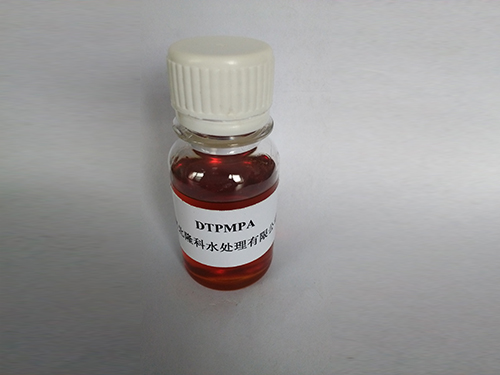industrial flocculant
Industrial Flocculants Essential Agents in Water Treatment and Beyond
Industrial flocculants are critical chemicals used in a variety of processes across multiple industries, particularly in water treatment. These substances play a crucial role in facilitating the aggregation of particles, thus enhancing the separation of solids from liquids. As the world faces increasing challenges related to water scarcity and pollution, flocculants have become indispensable in ensuring the efficient processing of wastewater and the protection of our vital water resources.
At its core, flocculation involves the clumping together of fine particles in a liquid to form larger aggregates, known as flocs. This process is essential in various applications such as sedimentation, centrifugation, and filtration. The use of flocculants significantly improves the effectiveness of these operations by accelerating the aggregation of suspended particles, which can be particularly valuable in treating industrial effluents, mining operations, and municipal wastewater.
The composition of flocculants typically falls into several categories organic, inorganic, and composite flocculants. Organic flocculants are often synthetic polyacrylamide-based products, known for their effectiveness in a wide range of pH levels. These compounds can be tailored to meet specific needs, providing high performance in various conditions. On the other hand, inorganic flocculants, such as alum and ferric chloride, are widely used due to their affordability and proven efficacy in coagulating and settling fine particles in water treatment processes.
industrial flocculant

One of the key advantages of using flocculants is their ability to significantly reduce the volume of sludge produced during wastewater treatment. This reduction not only lowers disposal costs but also enhances the overall efficiency of the treatment process. By promoting rapid sedimentation, flocculants enable facilities to achieve clearer water in a shorter timeframe, which is crucial in situations where time is of the essence.
In addition to water treatment, industrial flocculants find applications across various sectors including food and beverage production, pharmaceuticals, and oil recovery. In the food industry, flocculants are used to clarify juices and beverages, enhancing product quality. In pharmaceuticals, these agents help in the purification processes of active ingredients, ensuring the final products meet stringent quality standards. Moreover, in oil recovery, flocculants aid in optimizing the extraction of oil from its natural reservoirs by helping to separate water from crude oil effectively.
Despite their many benefits, the selection and application of flocculants must be approached with care. Overuse of some flocculants can lead to adverse environmental impacts, including the formation of unwanted sludge that may contain hazardous substances. Therefore, it is essential for industries to conduct thorough assessments and control measures when integrating flocculants into their processes to ensure sustainable practices.
In conclusion, industrial flocculants serve as vital agents in enhancing operational efficiency and promoting environmental sustainability across numerous sectors. Their role in water treatment cannot be overstated, particularly in an era marked by increasing ecological and regulatory demands. As industries continue to innovate and seek more effective ways to manage waste and ensure clean water availability, the development and use of advanced flocculants will undoubtedly remain at the forefront of industrial practices. Understanding their properties and applications is crucial for optimizing their benefits while minimizing potential drawbacks, thereby contributing to a more sustainable future.
-
Water Treatment with Flocculant Water TreatmentNewsJun.12,2025
-
Polymaleic AnhydrideNewsJun.12,2025
-
Polyaspartic AcidNewsJun.12,2025
-
Enhance Industrial Processes with IsothiazolinonesNewsJun.12,2025
-
Enhance Industrial Processes with PBTCA SolutionsNewsJun.12,2025
-
Dodecyldimethylbenzylammonium Chloride SolutionsNewsJun.12,2025





